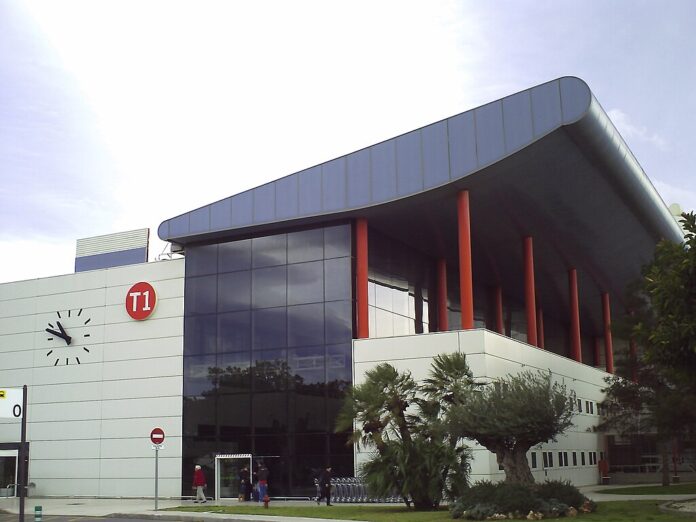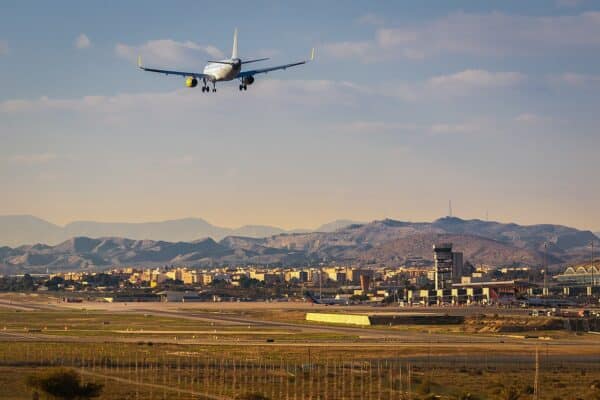
Spanish
Dutch
French
German
Norwegian Bokmål
Polish
Swedish
Aena has announced plans to demolish the old terminal at the Alicante-Elche Miguel Hernández airport to expand the boarding area as part of a 20-million-euro development project. The drafting of this project has been put out to tender for 19,875,000 euros, with the proposal set to be included in the Airport Regulatory Document (DORA) III for the period from 2027 to 2031.
This expansion represents a major investment in the airport’s infrastructure, but the project’s timeline and scope hinge on several critical factors.
The process requires Aena to approve a new master plan, which must include the initial investment for the expansion by 2027. The master plan serves as the foundation for the public company’s planning, and failure to include the project in this roadmap would mean delaying investment for another five years.
Additionally, the project must pass numerous environmental reviews, which involve consultation periods for public input, objections, and resolutions—steps that can significantly delay progress.
Moreover, Aena must engage in consultations with airlines and regulatory bodies such as the National Commission of Markets and Competition and the General Directorate of Civil Aviation regarding terminal-related investments. The proposed plans will also be reviewed by the Airport Coordination Committee, which includes representatives from the Generalitat Valenciana, local and national administrations, and key economic and social stakeholders.
If approved, the plans will then be integrated into Aena’s overall investment strategy. Given the complexity of these processes, the project specifications allow for up to 60 months, or five years, of preparatory work. Consequently, construction is unlikely to be tendered before 2030 unless the winning company proposes an accelerated timeline.

The announcement has sparked mixed reactions in the political sphere. Pilar Bernabé, the Government delegate in the Valencian Community, defended the expansion as a fulfilment of Spain’s commitment to Alicante. Bernabé highlighted that the project would increase passenger capacity, create jobs, and enhance connectivity in the region.
However, opposition figures expressed reservations and criticized the plan for its perceived shortcomings. Marián Cano, the Minister of Tourism, called the proposal “positive news” but reiterated the need for a second runway at the Alicante-Elche airport. She pointed out that El Altet remains the only major European airport without a rail connection, underscoring a broader need for improved infrastructure.
Similarly, Alicante’s Mayor Luis Barcala described the measure as “insufficient” and questioned whether expanding the boarding area adequately addresses the airport’s and the region’s growing needs. He urged the Minister of Transport, Óscar Puente, to explain why the current plan is prioritized over constructing a second runway.
Toni Pérez, president of the Provincial Council and leader of the Popular Party in Alicante, took a harsher stance, arguing that the province requires more significant investments rather than “patches” to cover systemic underfunding by the central government. Pérez demanded equal treatment and greater investment for Alicante, which he said has long been neglected in national funding priorities.
While the expansion proposal marks a step forward for the airport, ongoing debates about the adequacy and timing of the project reflect broader concerns about the region’s infrastructure needs.
Spanish
Dutch
French
German
Norwegian Bokmål
Polish
Swedish











